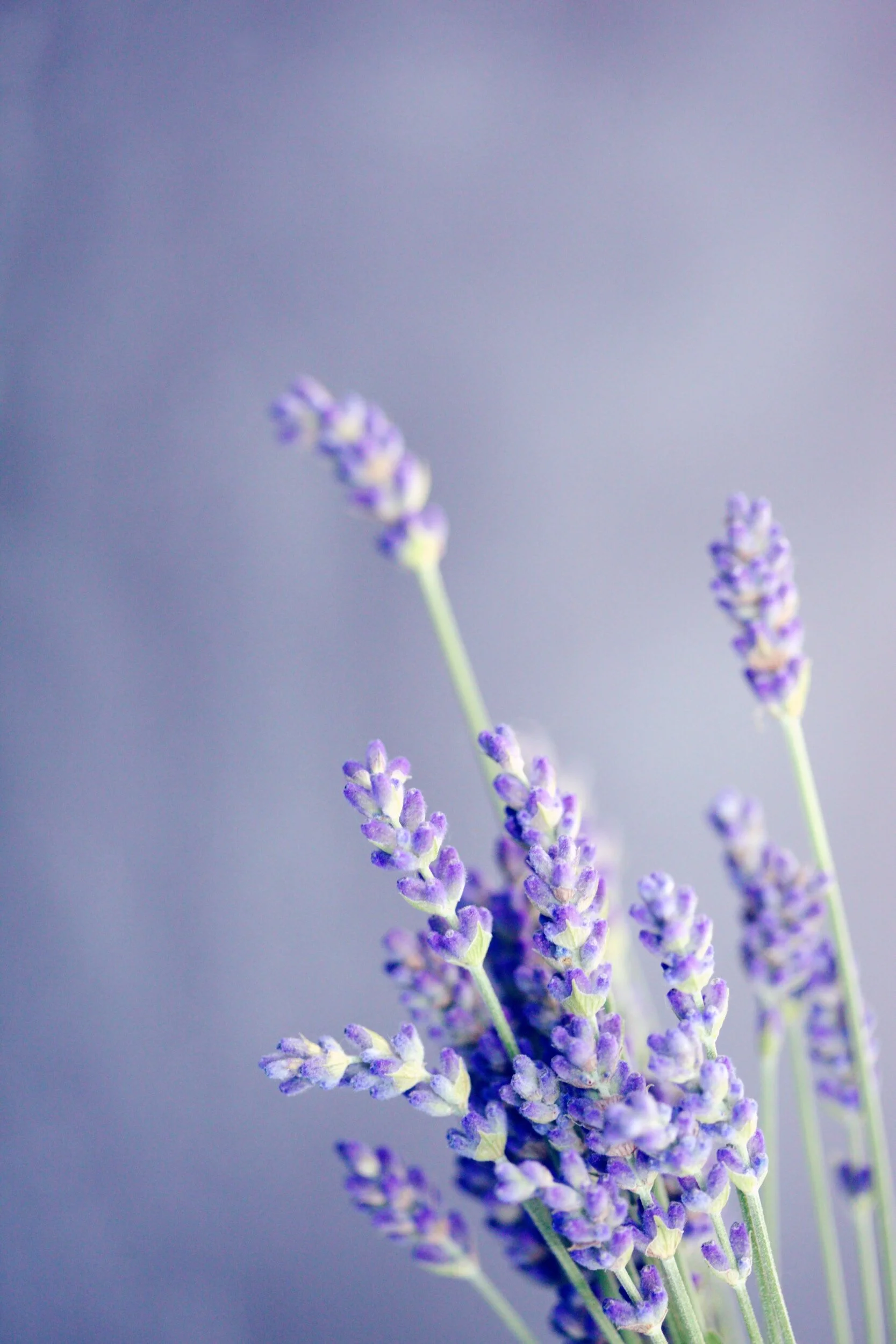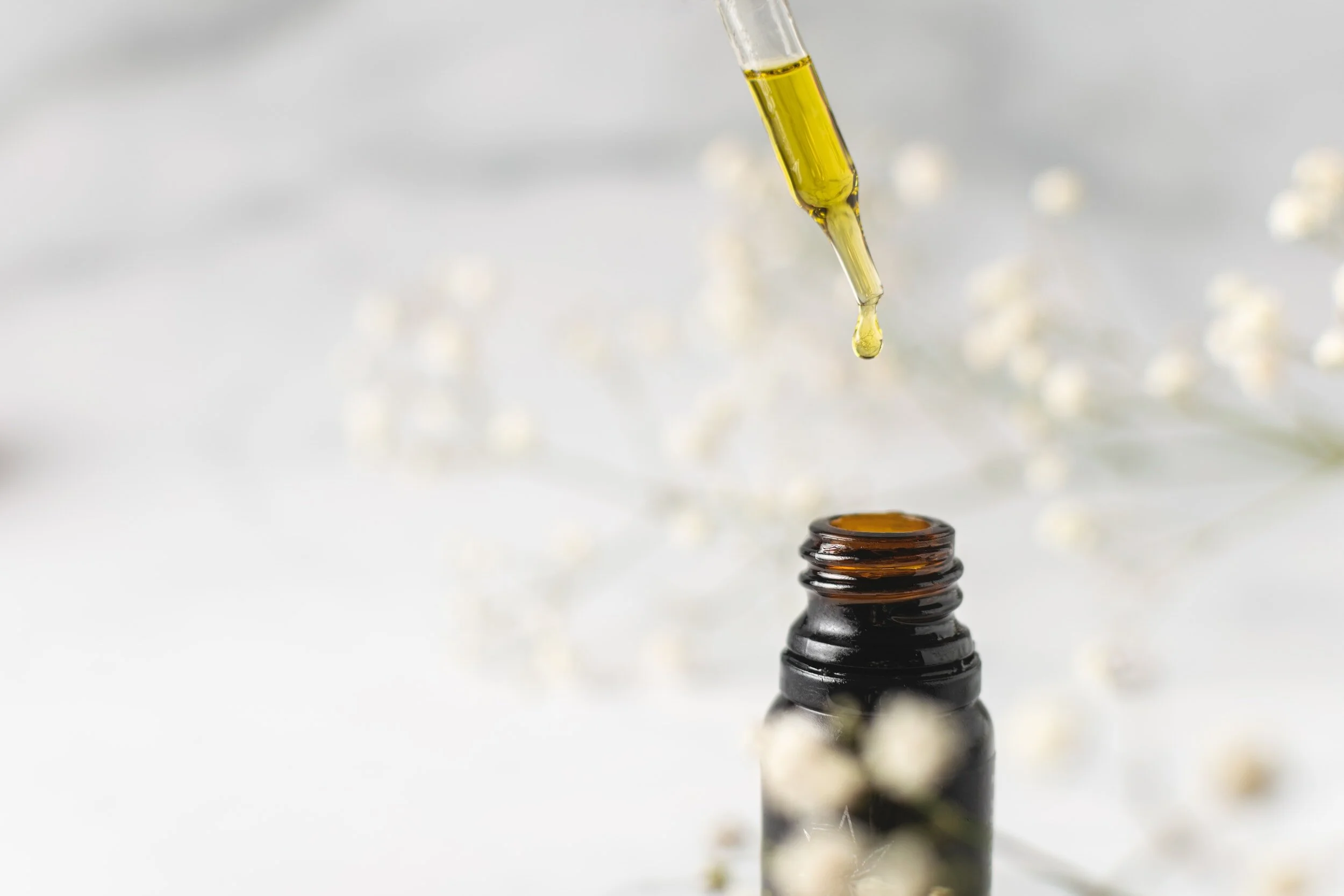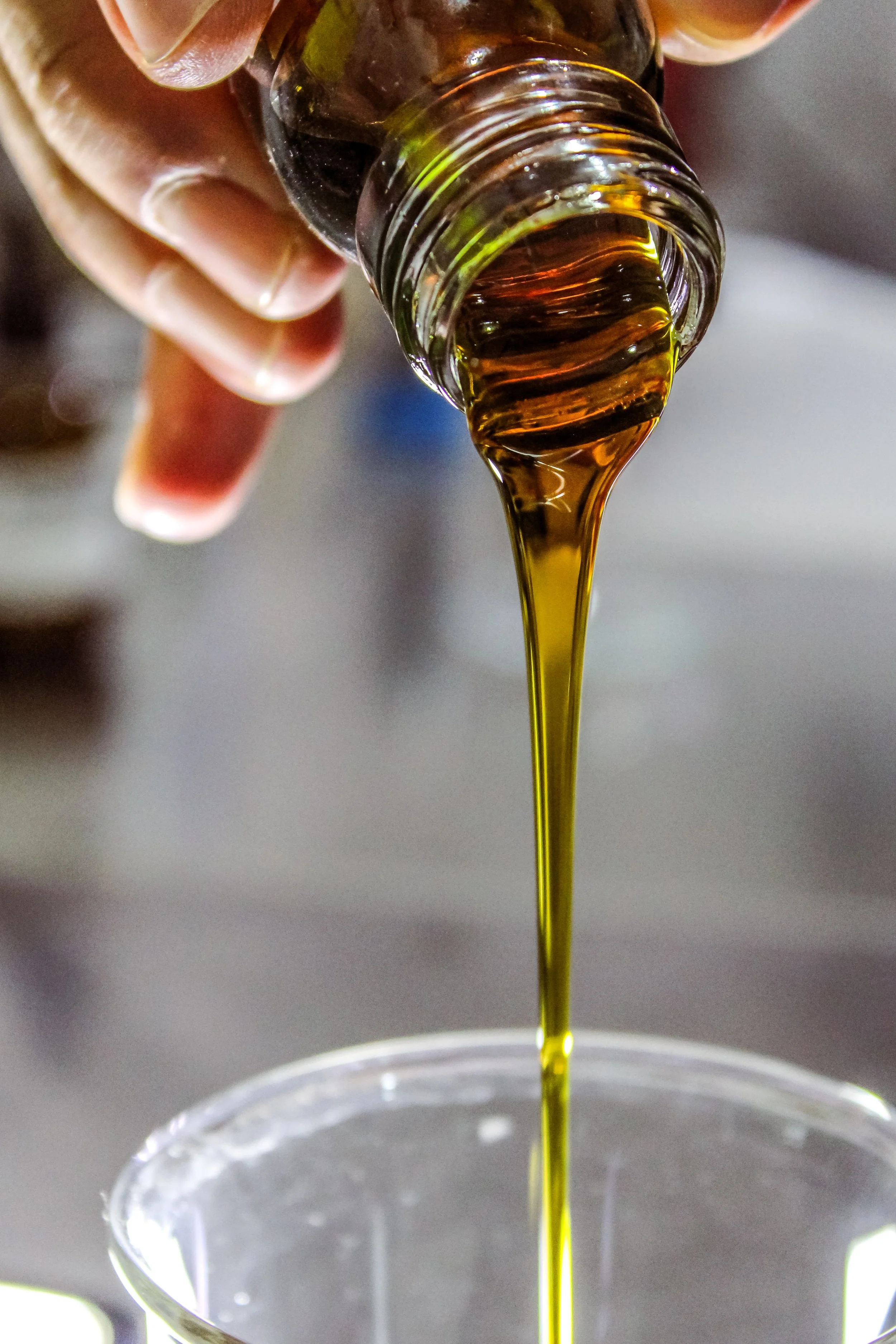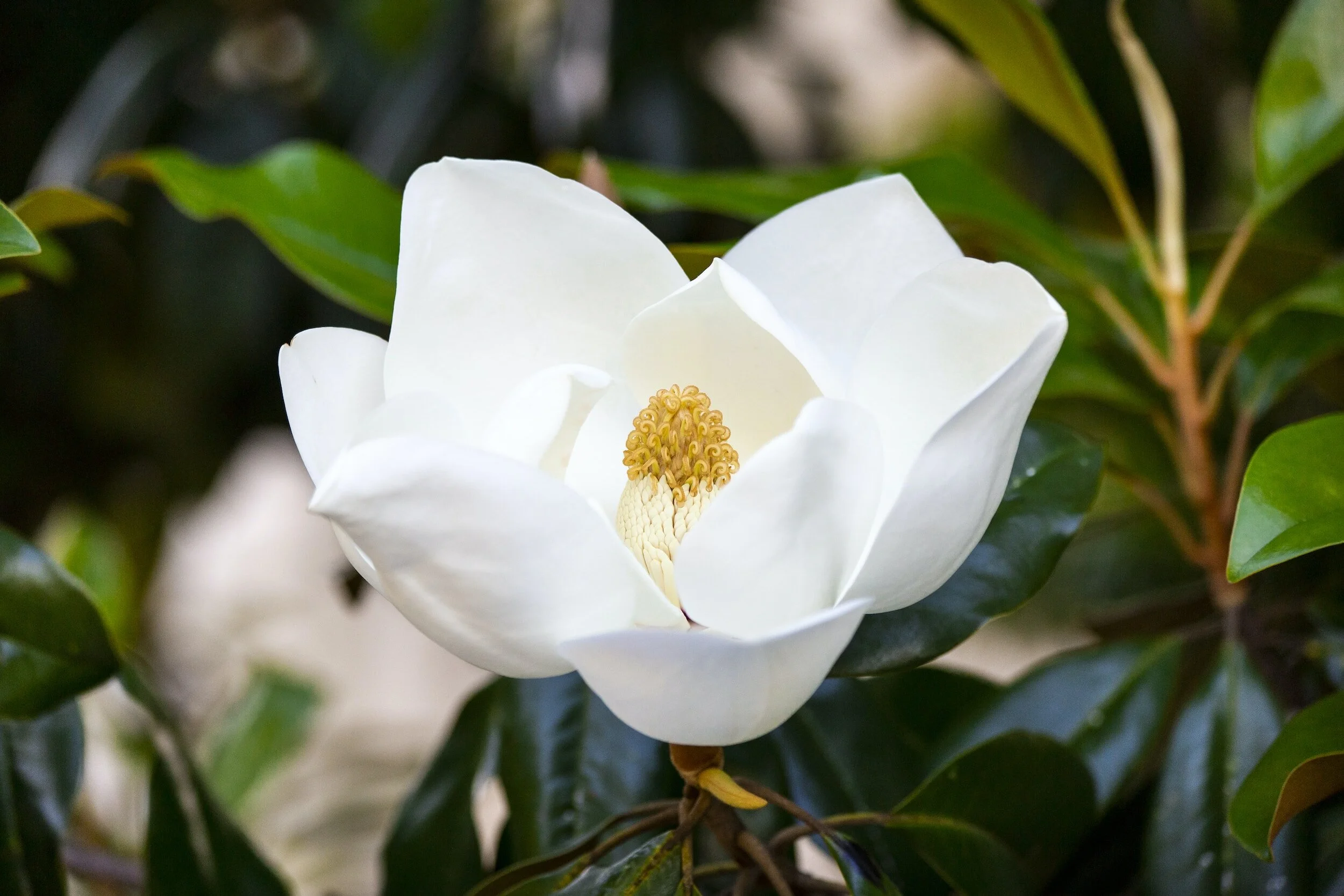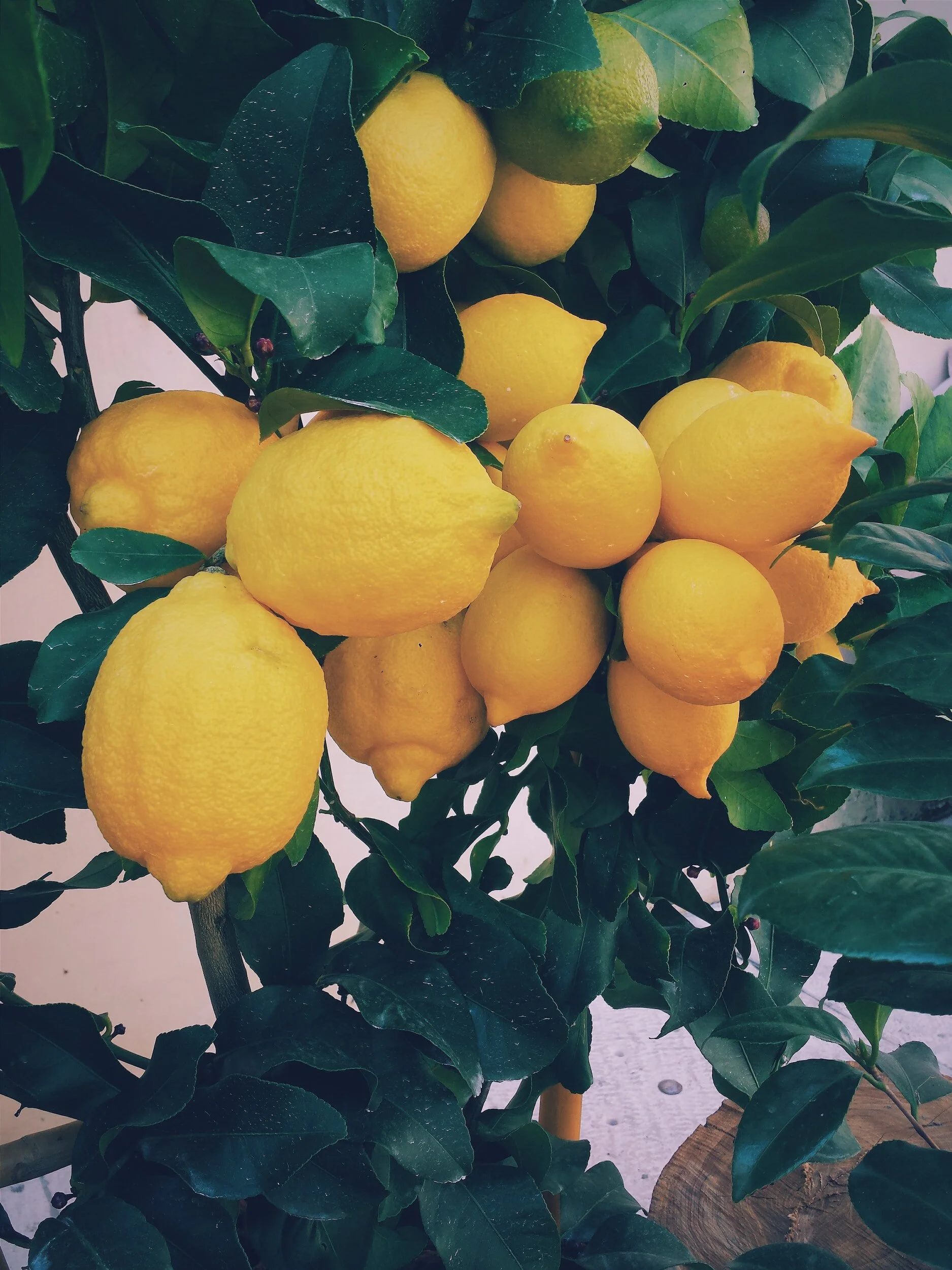Why use essential oils?
harmonize mind, body, and spirit.
Why Use Essential Oils?
Holistic Healing: Essential oils offer a natural and holistic approach to healing and well-being. They are derived directly from plants and capture the plant's essence, including its healing properties. Using essential oils can promote physical, mental, emotional, and spiritual balance, allowing for a complete and holistic experience.
Aromatherapy: Aromatic essential oils have been used for centuries to stimulate the senses and create a therapeutic environment. Through the power of scent, essential oils can influence mood, reduce stress and anxiety, and improve sleep quality. Aromatherapy can also enhance focus and concentration, making it a valuable tool for those studying or working.
Physical Health Benefits: Essential oils possess a wide range of properties that can support physical health. From soothing muscle aches and pains to boosting the immune system, essential oils can be used for a variety of ailments. Examples include lavender for relaxation and sleep, peppermint for headaches and digestive issues, and tea tree oil for antibacterial and antifungal properties.
Emotional Support: Essential oils have the capacity to affect emotions due to their ability to stimulate the limbic system in the brain. They can help alleviate stress, promote emotional balance, and uplift the mood. Oils such as bergamot, chamomile, and ylang-ylang are known for their calming properties, while citrus oils like orange and lemon can provide an energizing and uplifting effect.
Natural Home Care: Essential oils can replace many synthetic household products, enabling a more natural and eco-friendly approach to cleaning and care. Oils like lemon, tea tree, and eucalyptus have antimicrobial properties and can be used as natural disinfectants. They can also be utilized for creating DIY skincare products, natural perfumes, and even homemade cleaning solutions.
Complementary Medicine: Essential oils can complement conventional medical treatments and therapies. They can enhance the effectiveness of traditional medicine when used in conjunction with prescribed treatments. For example, essential oils can help manage the side effects of chemotherapy, improve the healing process after surgery, or provide relief from symptoms of chronic conditions.
Versatility and Convenience: Essential oils are extremely versatile and easy to incorporate into daily routines. They can be used topically, inhaled through diffusers, added to bathwater, or even ingested when recommended by a professional aromatherapist. Essential oils also come in a compact size, making them ideal for travel or on-the-go use.
Remember, when using essential oils, it is important to use them responsibly and seek guidance from a certified aromatherapist or healthcare professional if needed.
